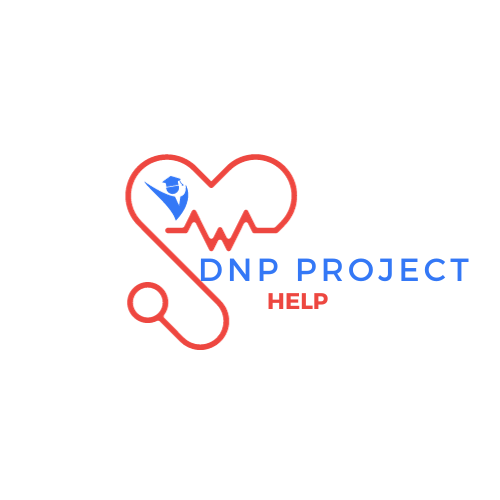
Case Study
Discuss characteristic findings for a stroke and how it affects the lives of patients and their families. Discuss the nurse’s role in supporting the patient’s psychological, emotional, and spiritual needs. Provide an example integrating concepts from the “Statement on the Integration of Faith and Work” located in Class Resources.
Topic 2 Discussion Question 2
The American Association of Neurological Surgeons explains that a stroke happens when the blood flow to the brain suddenly stops. This can cause various symptoms like weakness in muscles, paralysis, trouble with vision and speech, and problems with thinking (cognitive impairment). The Centers for Disease Control and Prevention (CDC) adds that stroke is the fifth main reason for death in the United States, and those who survive often face long-term problems and a lower quality of life (CDC, 2019). Family members who take care of stroke survivors can feel stressed, struggle financially, and feel isolated because of the challenges they face. That’s why nurses and other medical professionals are crucial in helping stroke patients and their families by addressing their physical, mental, and emotional needs.
Nurses take care of stroke patients in different places like hospitals, rehab centers, and even at home. They’re really important because they check how patients are feeling mentally and physically, give them medicine, handle any problems that come up, and teach patients and their families how to spot signs of another stroke. But it’s not just about physical care; nurses also need to help stroke patients with their feelings and spirit. Stroke patients might feel sad, worried, scared, or grieving because of their illness, which can make it harder for them to get better and enjoy life. So, nurses need to be good at talking with patients and families, understanding how they feel, and showing kindness to support them emotionally.
Lastly, the Statement on the Integration of Faith and Work highlights the importance of helping others and making life better through one’s job, like nursing. Nurses can follow these ideas by understanding that every patient is valuable and worthy of respect, no matter their health or background. They can use their skills to help patients heal, feel better, and have hope. For example, a nurse taking care of a stroke patient can be kind and respectful by really listening to their worries, involving them in decisions about their care, and offering spiritual support if it’s wanted. Also, nurses can work with other healthcare workers and community groups to make sure stroke patients and their families get all the care they need for their bodies, minds, feelings, and spirits.
References
American Association of Neurological Surgeons. (2019). Cerebrovascular Disease – Classifications, Symptoms, Diagnosis and Treatments. Aans.org. https://www.aans.org/en/Patients/Neurosurgical-Conditions-and-Treatments/Cerebrovascular-Disease
CDC. (2019). Stroke Information. Centers for Disease Control and Prevention. https://www.cdc.gov/stroke/index.htm



